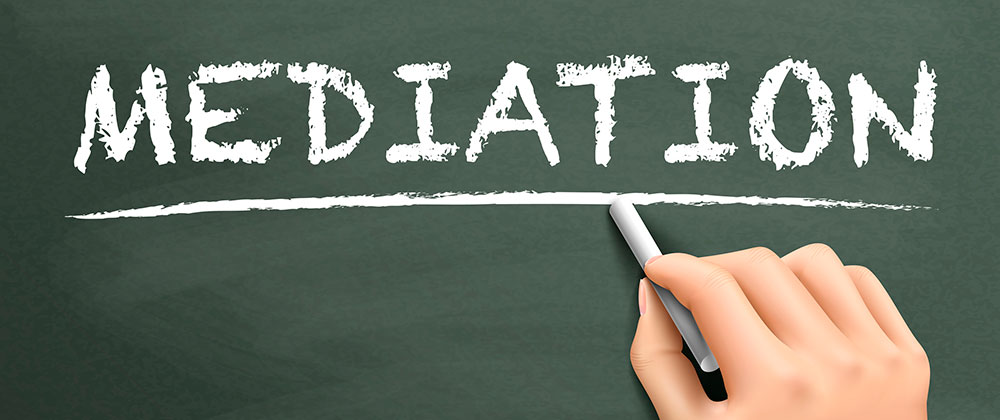Understanding a Florida Mediator’s Role
Equally important to the merits of a case is how that information will be communicated to the opposing side and the mediator’s role in the process. There are some things better left unsaid during the open session(s) that should be communicated to the opposing side by the mediator in private. Parties and counsel have a natural tendency to resist what they hear from their adversary. No matter how compelling the other side’s position is, the subjective belief in your own position can be absolute. Hearing a mediator’s objective view of what the evidence will show, or how the law may impact the outcome of a dispute, is powerful.
To be sure, a mediator’s role is to get parties to compromise, and a “strong” mediator has a better chance of succeeding than one who is more passive. While Florida Supreme Court Certified Civil Mediators in Florida cannot be overtly evaluative of a party’s position or their chances of success or failure (which, at best could jeopardize the mediator’s neutral role, and at worst, could be an ethical violation subjecting the mediator to sanctions), a mediator can still tactfully advocate a party’s position while remaining neutral and impartial. For example, the mediator might role play; or “gently” suggest that a party seriously consider the other side’s position on a significant issue; or may pose a hypothetical and ask how it might change your evaluation of the case, such as “If the court were to agree with (the opposing party) that…” or “If the court were to rule in favor of (the opposing party) on the legal issue of….” The key is for the mediator to do so in a way that gets a party to “see” the other side’s view, while not appearing to validate it. Effective mediators know how to accomplish that while maintaining the integrity of the process. Once a party perceives that the mediator “favors” the other side—even if untrue—the mediator will lose all credibility and can no longer be an effective neutral. Trust in the mediator is essential, and that starts with selection of the mediator. Counsel should seldom if ever use a mediator with whom they have no experience, whether personally or through a trusted source. When a mediator says “the most I can get you today is “x” or between “x” and “y”, a party must be able to have complete trust in the mediator to make an informed decision about calling it quits or continuing with the process.
For further help understanding a Florida mediator’s role, contact Florida construction mediator and lawyer Gary L. Brown at (954) 370-9970 or (954) 448-1133.

